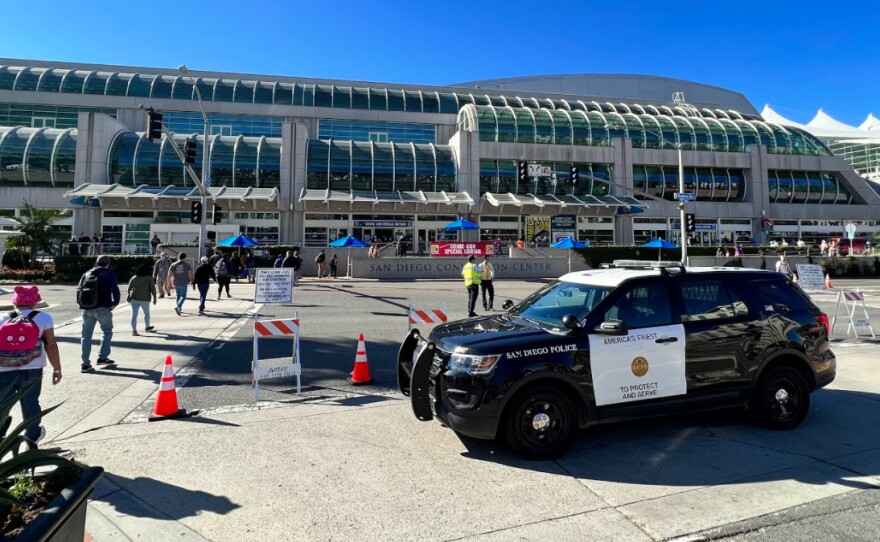Gov. Gavin Newsom signed several new crime- and law enforcement-related bills into law during the last state legislative session.
Here are a few, most of which take effect on Jan. 1, 2024:
— AB 701 will impose harsher penalties for people trafficking large amounts of fentanyl. As of Jan. 1, those convicted of dealing a kilogram or more of fentanyl will face stiffer penalties and sentencing enhancement for dealers.
— SB 14 prescribes harsher penalties for those arrested and tried on charges of sex trafficking of minors for monetary gain. The new law designates human trafficking of minors for commercial gain as a serious felony, resulting in harsher prison sentences and inclusion in California's Three Strikes Law.
— AB 2282 expands the definition of hate symbols to include any symbols or marks with "the intent to terrorize another person," such as Nazi symbols and nooses. The bill also speaks to the need to address hate crimes with symbols against certain minority groups.
— SB 700 modifies existing law to make it unlawful for an employer to request information from an applicant relating to the applicant's prior use of cannabis, or to use prior criminal history of cannabis use.
— AB 1418 bans local California governments from enforcing crime-free housing policies. Such policies prevent landlords from renting to those with prior convictions, but may also call for the eviction of tenants based on arrests or contact with law enforcement.
— AB 2773 requires police officers to state the purpose of a traffic or pedestrian stop before asking any other questions. Officers can only skip stating the reason for the stop if they deem it necessary to protect life or property from imminent threat." The new law is intended to prevent pretextual stops in which an officer stops a vehicle or pedestrian for something minor, with the intent of searching to determine if a larger crime is evident.








